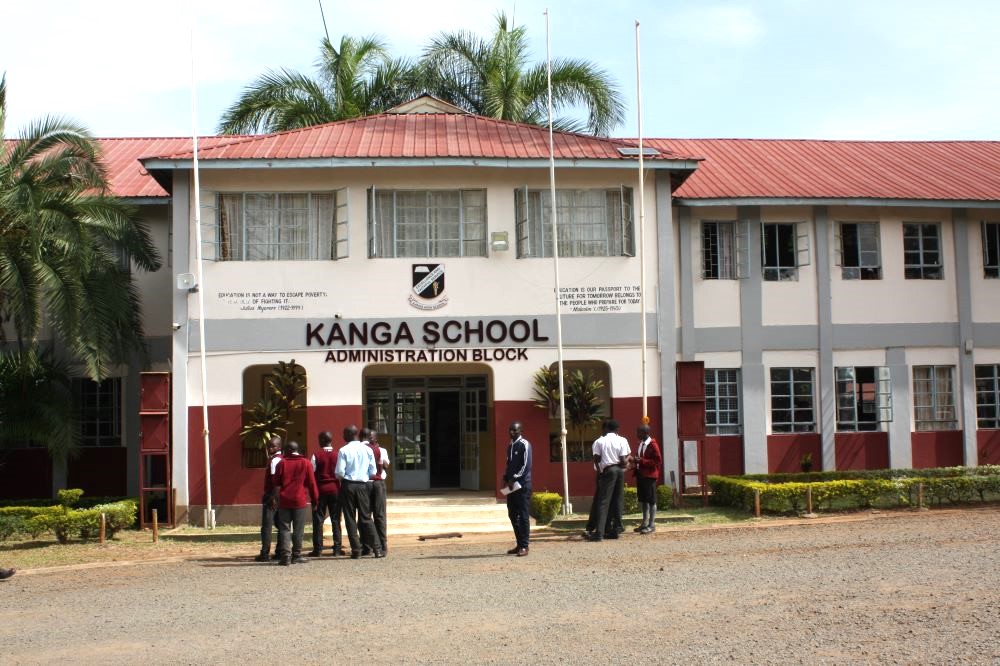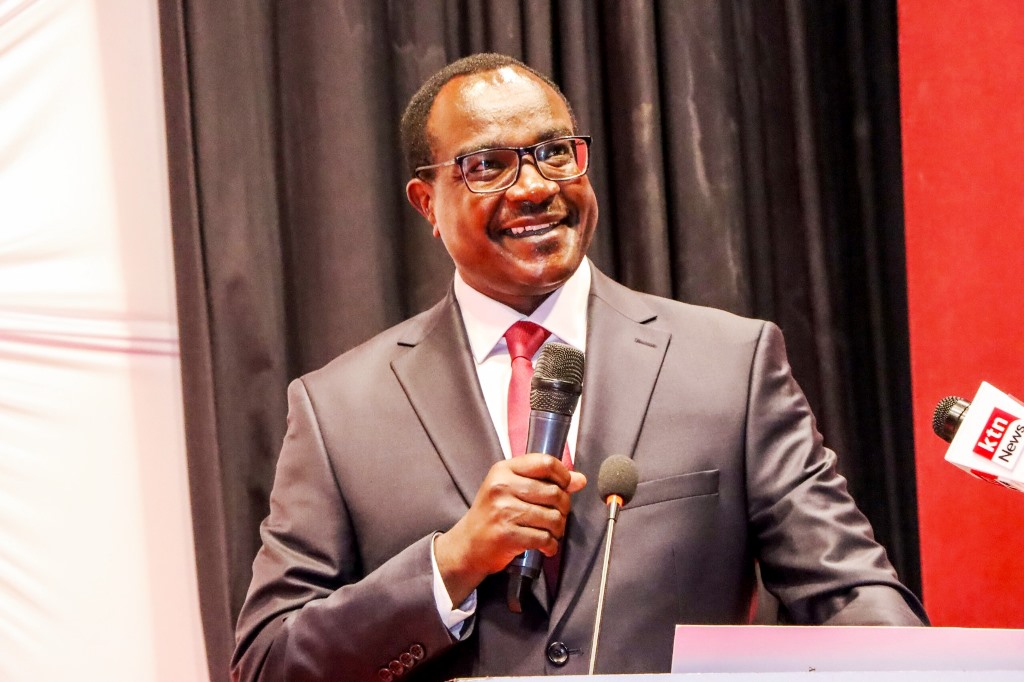As the Second Term kicks off today, schools face severe challenges: delayed capitation, ballooning debts, fee arrears, overcrowding, and crumbling infrastructure.
The financial turmoil has worsened following Controller of Budget (CoB) Margaret Nyakang’o’s directive barring counties from issuing bursaries to secondary school students, limiting county education support strictly to early childhood development. This move has made millions of students who relied on county bursaries uncertain.
Some principals have reportedly switched off their phones to avoid mounting pressure from suppliers demanding overdue payments from last term, and even the previous year.
Several secondary schools have taken a hard stance: students with outstanding fees will not be readmitted, leaving parents, many of whom had pinned hopes on county bursaries, scrambling for funds.
This crisis is unfolding against a backdrop of diminishing disposable incomes for Kenyans. New statutory deductions, including the Social Health Insurance Fund and Housing Levy, have slashed paychecks by up to 40 per cent, despite official inflation rates staying low.
Principals report that fee arrears now run into millions.
Benson Manoo, the Principal of Machakos School, shared similar frustrations. “The money we receive from the government barely covers operational costs. When parents don’t pay, we have to accumulate debts with suppliers. We are running schools on goodwill and prayers,” he said.
At Malava High School, Principal Elphas Luvaso revealed that parents owe Sh18 million.
“We ask parents to honour their obligation to pay school fees. Those students who have not paid fees will be sent home,” said Luvaso.
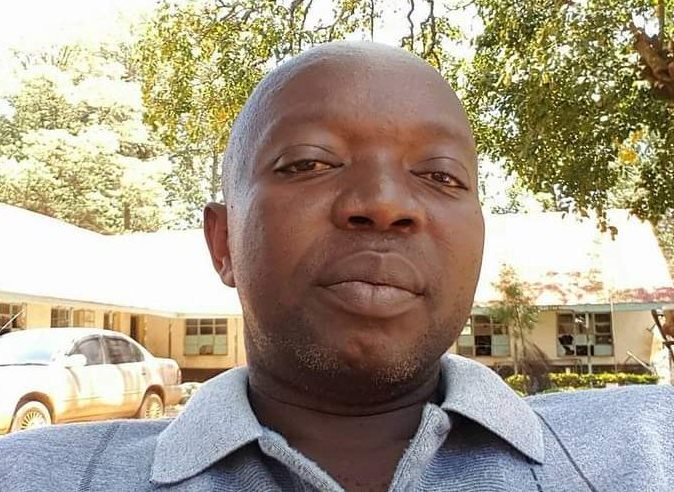
Manoo urged parents to cooperate, especially in terms of discipline and fee payment.
Kenya Secondary Schools Heads Association chairperson Willie Kuria painted a bleak picture.
“We are caught between a rock and a hard place. On one hand, we are expected to follow government policies that prohibit sending students home for fee arrears. On the other hand, we need funds to pay teachers, provide meals, and keep the lights on. How do we balance that?” he asked.
READ ALSO:
Those unable to raise varsity fees should consider joining Open University, says VC
Kuria added that 98 per cent of parents are struggling financially, and 72 per cent of affected households have at least two school-going children.
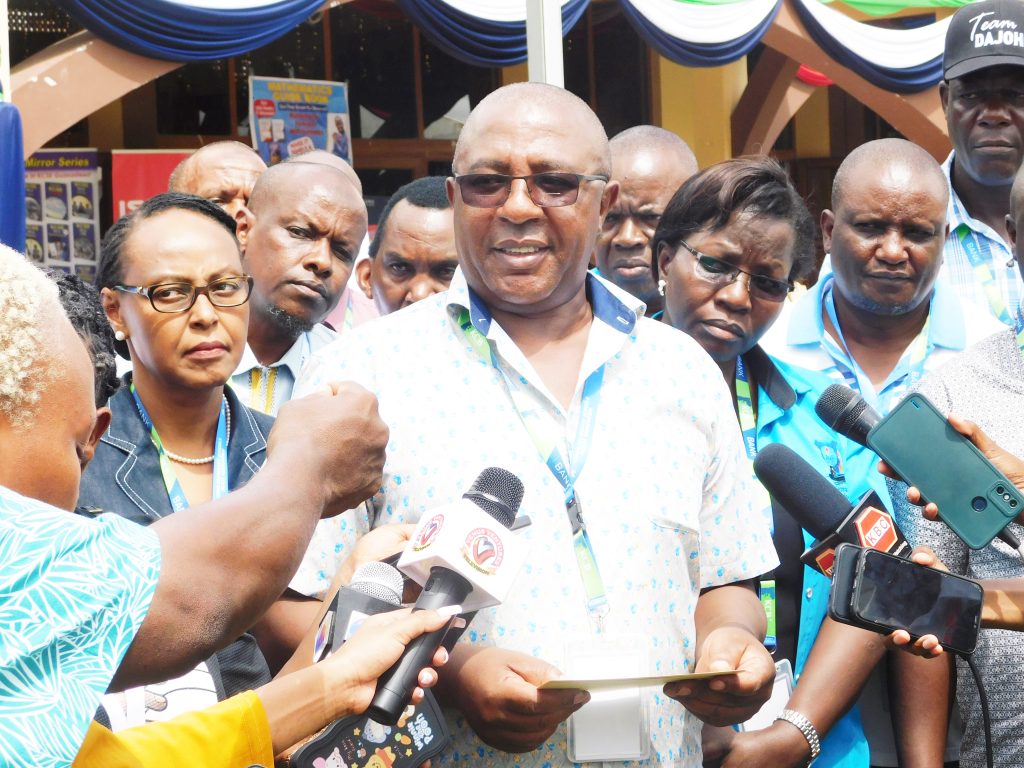
In Mombasa, Shimo La Tewa Boys School reported a fee arrears tally exceeding Sh3 million, warning students with outstanding balances would be locked out.
Parents lucky enough to receive support from the National Government Constituency Development Fund (NG-CDF) received far less than needed.
Taita Taveta Knut Executive Secretary Lenox Mshilla warned that persistent funding shortages could paralyse learning and highlighted an acute teacher shortage at junior secondary levels.
Meanwhile, in the South Rift, parents rushed to buy school supplies before the term began. Bomet Knut Executive Secretary Desmond Langat called for immediate capitation disbursement and urged a review to align with inflation.
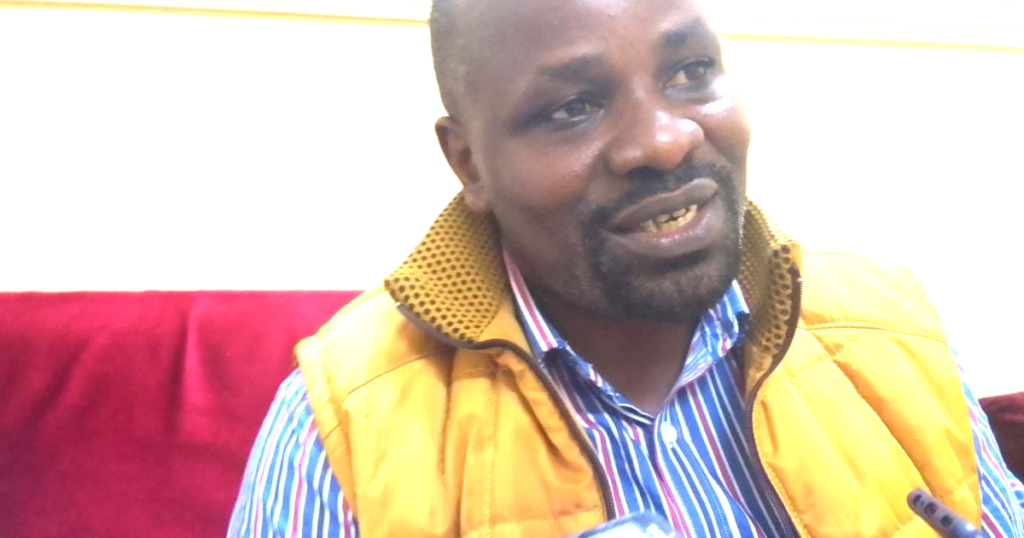
“We demand the immediate release of capitation to avert a crisis in learning institutions,” he stressed.
Government policy dictates Sh22,244 per learner per year, disbursed in 50-30-20 instalments across the three school terms. However, technical hitches with the National Education Management Information System (Nemis) registration have also hampered proper planning, with Langat urging an extension.
By Joseph Mambili



